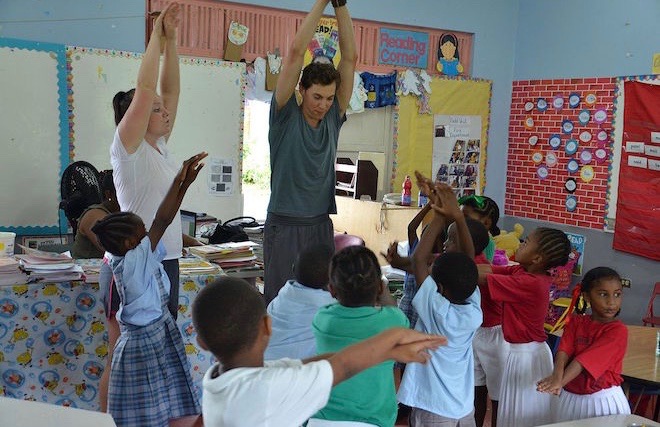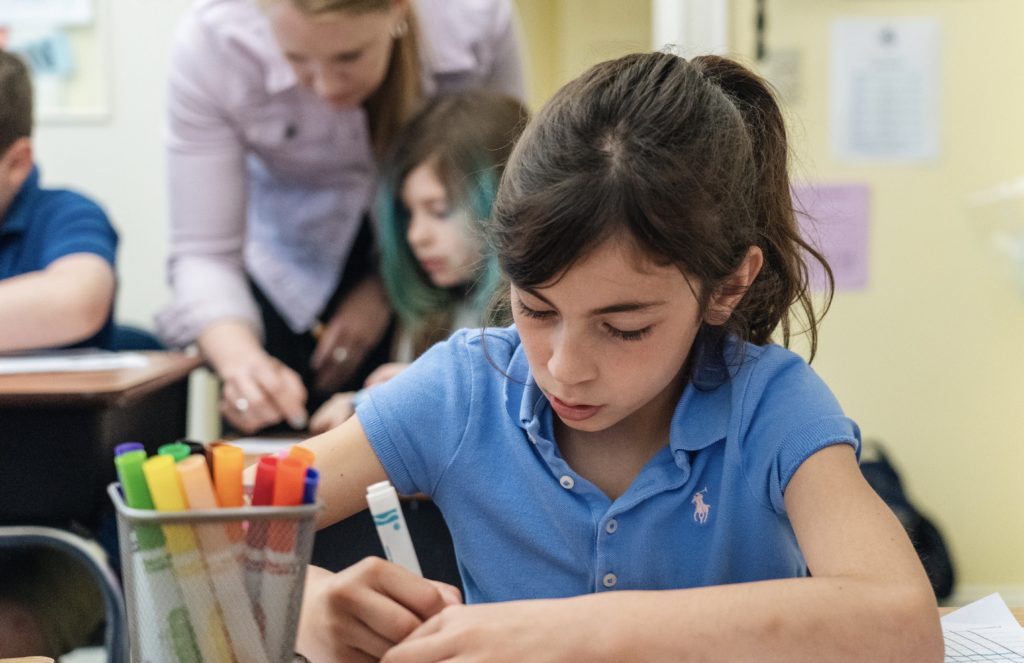What is Self-Management?
Self-management is an essential component of social emotional learning. Building from the foundation of self-awareness, the Collaborative for Academic, Social, and Emotional Learning (CASEL) defines self-management as, “the ability to successfully regulate one’s emotions, thoughts, and behaviors in different situations.” This regulation is achieved by effectively managing stress, controlling impulses, and motivating oneself. In short, self-management is the ability to set and work toward personal and academic goals without significant deviation.
What Skills are Associated with Self-Management?
To possess self-management, one must develop the following skills and abilities:
- Impulse control – Impulse control relates to the idea of delayed gratification. This refers to the ability to distract oneself from a desire in order to delay that impulse. Impulse control, then, is the ability to not act on immediate impulses, but rather delay that action for a period of time.
- Stress management – Stress management can occur through a variety of strategies. Teachers should expose students to several different methods through discussion and implementation. Having a solid foundation of self-awareness will allow students to determine when they are stressed so that they can implement practiced strategies with more success.
- Self-discipline – Self-discipline requires an individual to control one’s feelings and impulses. Also known as willpower, self-discipline allows us to ignore other stimuli in order to focus on the goal at hand and follow our plans despite distractions.
- Goal setting – Research has found that students tend to find more success when working with individually set goals. These goals, however, need to be SMART (Specific, Measurable, Attainable, Realistic, Timely) so as to better prepare students to successfully meet them.
- Self-motivation – Intrinsic motivation is a skill that is difficult to teach. Students must develop their own internal push that will keep them moving toward a goal. Having developed a specific goal is a great start to employing self-motivation. The chapter “Hill, Skill, and Will” by Seanna Moran and Howard Gardner in Lynn Meltzer’s book Executive Function in Education From Theory to Practice discusses the idea of volition through obstacles, skills necessary to surmount those obstacles, and the will that is required to find success in that process.
- Organizational skills – Organizational skills can refer to the organization of physical space and materials, mental pictures and information, and time. Keeping our work areas uncluttered, as well as storing materials in a neat and organized manner for easy access, allows for more productive work time. Filtering information to be relevant to the topic at hand with a clear big picture can help to keep us on track. Lastly, keeping track of time and being aware of time commitments can help us to meet expectations.
How Does This Connect to Landmark’s Teaching Principles™?
“Provide models” is Landmark’s fifth teaching principle. With each of the skills listed above, there are opportunities for teachers to provide models that will enable students to develop and practice strategies with structure, guidance, and support. These models can come in the form of sharing identified practices (stress management) or making thought processes transparent (modeling inner dialogue) that showcase the use of the aforementioned skills. For example, a teacher could lead a discussion on potentially stressful situations a student might encounter in an academic setting, then have students role play to model strategies for stress management. For the full text of Landmark Teaching Principles™, including “Include Student in the Learning Process,” click here.
References
CASEL. (2017). Core SEL Competencies. Retrieved from: http://www.casel.org/core-competencies/
Kagan, Spencer. (2001, Fall) Kagan Structures for Emotional Intelligence. San Clemente, CA: Kagan Publishing. Kagan Online Magazine. Retrieved from: https://www.kaganonline.com/free_articles/dr_spencer_kagan/278/Kagan-Structures-for-Emotional-Intell igence
Kuypers, Leah. (2017). The Zones of Regulation. Retrieved from: http://www.zonesofregulation.com/index.html
Knight, Stephanie. (2015). Building Social-Emotional Learning Skills Through Cooperative Learning. Retrieved from: http://inservice.ascd.org/building-social-emotional-learning-skills-through-cooperative-learning/
Lickerman, Alex M.D. (2012). The Power of Delaying Gratification. Retrieved from: https://www.psychologytoday.com/blog/happiness-in-world/201207/the-power-delaying-gratification
Moran, S., & Gardner, H. (2010). “Hill, Skill, and Will”: Executive Function from a Multiple-Intelligences Perspective. In L. Meltzer (Ed.), Executive Function in Education: From Theory to Practice(pp. 19-38). New York, NY: The Guilford Press.



